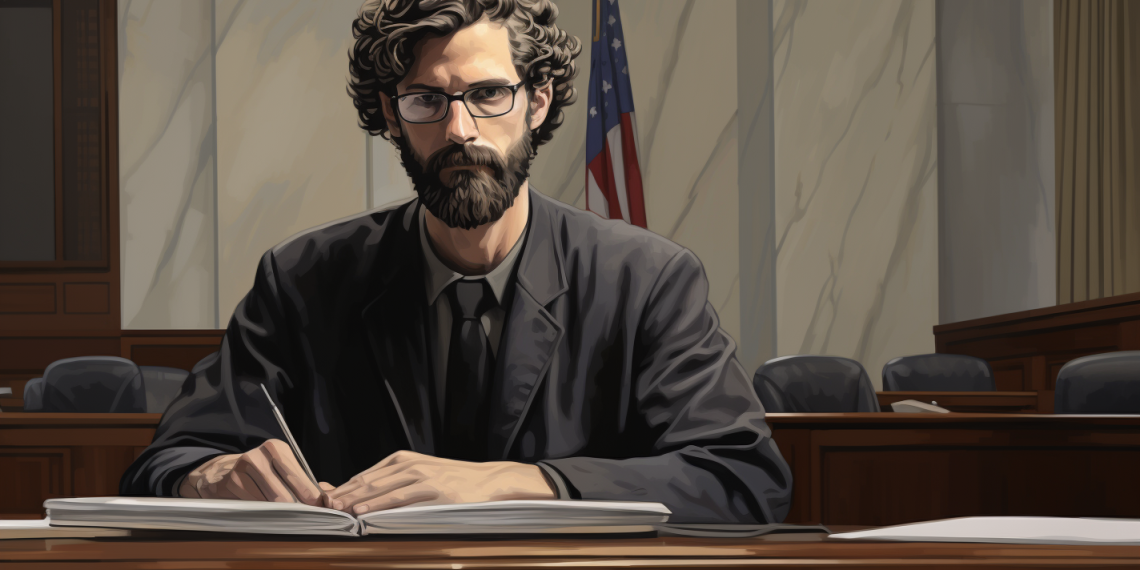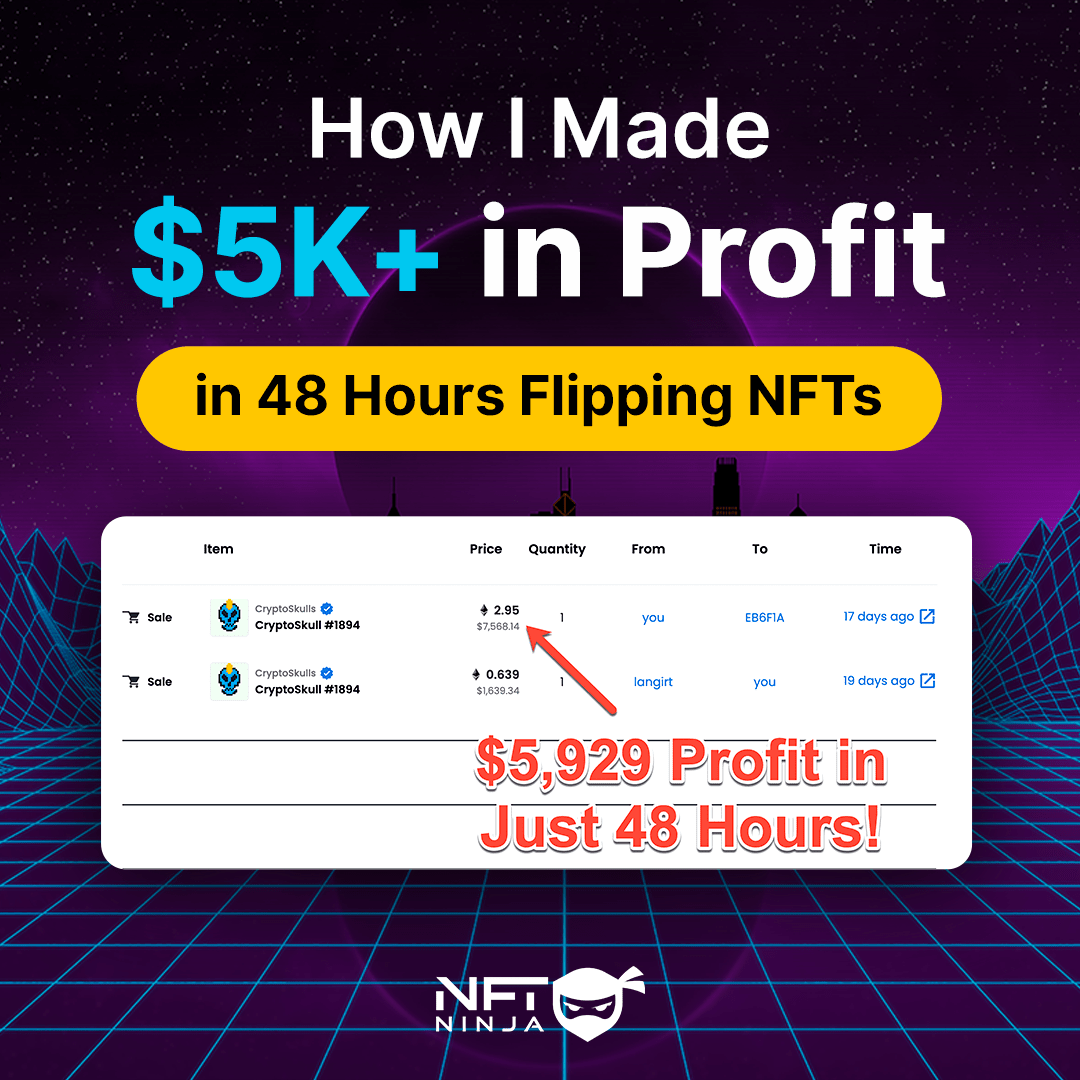Jury Finds Former FTX CEO Guilty
After approximately four hours of deliberation, a jury in New York delivered a verdict, finding former FTX CEO Sam Bankman-Fried guilty on all seven charges brought against him.
Multiple Convictions
Bankman-Fried was convicted on two counts of wire fraud, two counts of wire fraud conspiracy, one count of securities fraud, one count of commodities fraud conspiracy, and one count of money laundering conspiracy.
Sentencing Scheduled
The court set Bankman-Fried’s sentencing date for March 28, 2024, which will be presided over by New York District Judge Lewis Kaplan. While government prosecutors will recommend a sentence, the judge will make the final determination.
Potential Maximum Sentences
Each of Bankman-Fried’s crimes carries a maximum sentence ranging from 5 to 20 years in prison. Wire fraud, wire fraud conspiracy, and money laundering conspiracy, in particular, have a maximum sentence of 20 years.
U.S. Attorney’s Statement
Following the verdict, Damian Williams, the U.S. Attorney for the Southern District of New York, characterized Bankman-Fried’s actions as “a multibillion-dollar scheme designed to make him the king of crypto.” He described it as one of the most significant financial frauds in American history.
Bankman-Fried’s Response
Bankman-Fried’s attorney, Mark Cohen, responded to the verdict with a statement: “We respect the jury’s decision. But we are very disappointed with the result. Mr. Bankman Fried maintains his innocence and will continue to vigorously fight the charges against him.”
Key Witnesses and Testimonies
Several key figures from FTX, including former Alameda CEO Caroline Ellison, FTX co-founder Gary Wang, and former FTX engineering head Nishad Singh, have pleaded guilty to various charges and cooperated with the government to testify against Bankman-Fried during the five-week trial.
Bankman-Fried’s Defense
Throughout the trial, Bankman-Fried pleaded not guilty to all charges and took the stand to assert his innocence. He attributed FTX’s November 2022 collapse to “a number of big mistakes” but denied wrongdoing in the exchange’s relationship with Alameda. Bankman-Fried aimed to distance himself from key decisions and placed responsibility on others.
STATEMENT FROM THE TEAM OF SAM BANKMAN-FRIED —
“We respect the jury’s decision. But we are very disappointed with the result. Mr. Bankman Fried maintains his innocence and will continue to vigorously fight the charges against him.” pic.twitter.com/Q69w6nKB34
— Teddy Schleifer (@teddyschleifer) November 3, 2023


















